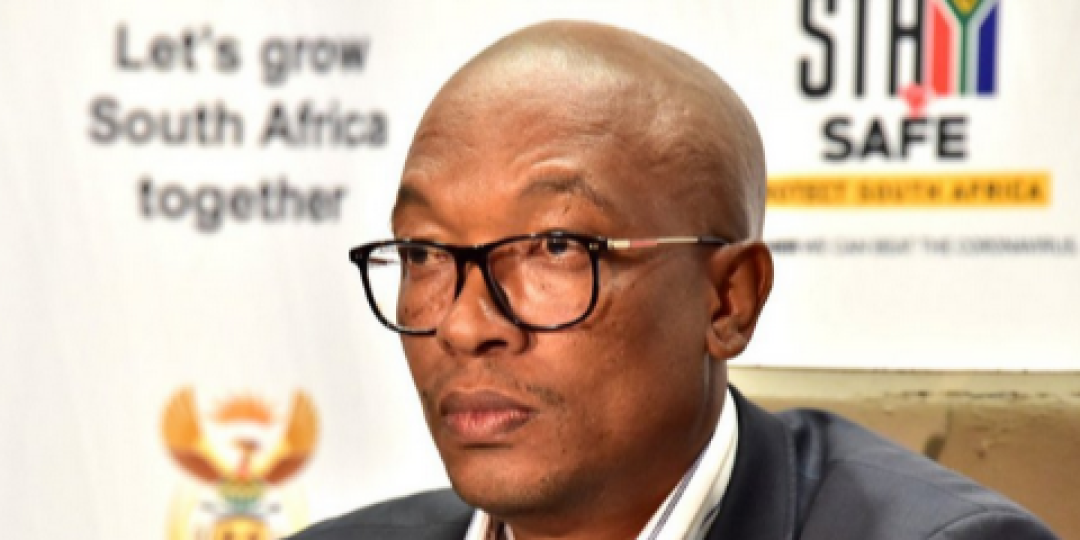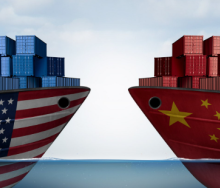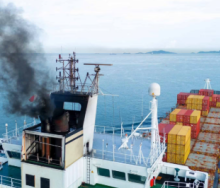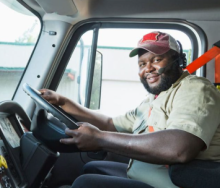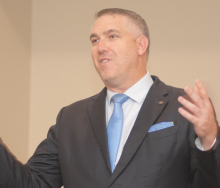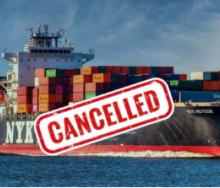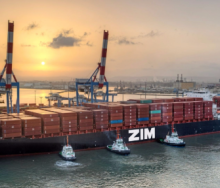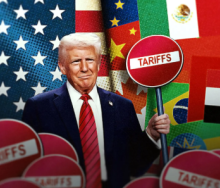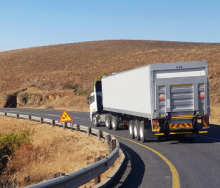South Africa’s Minister for Trade, Industry and Competition, Parks Tau, has identified farm killings and broad-based black economic empowerment (B-BBEE) as burning issues that need to be “engaged with” when local delegates visit the United States on a “rescue mission” for bilateral trade relations.
Speaking after Wednesday’s announcement by US President Donald Trump that “a 90-day pause” would take effect for most of the countries earmarked for stiff “reciprocal tariffs”, including South Africa, Tau said geopolitical resolutions were as important as talks about trade and investment.
He said although a high-level visit to Washington would primarily be based on repairing damaged relations with the US, it needed to be understood that political concerns played a role in forcing the hand of the Trump Administration.
“For us, there are two issues that we have to present and engage with,” he said, specifically mentioning trade and geopolitics.
Apart from B-BBEE and farm killings, Tau said there were “a whole range of other issues” that had been raised.
It is not clear whether one of the issues he referred to was South Africa’s genocide case against Israel at the International Criminal Court in The Hague.
Earlier this week International Relations Minister Ronald Lamola said South Africa would not backtrack from its charges about the alleged persecution of Palestinian citizens in Gaza.
But Tau remarked that part of an upcoming “rescue mission” to Washington would be to seek certainty for trade and political relations between South Africa and the US.
“Given all the uncertainty at the moment, it’s difficult for investors to make long-term decisions, especially in relation to capital expenditure projects.”
He reflected on the country’s long-standing business ties with America, mentioning that there were some 600 US multinationals presently operating in South Africa.
Tau also indicated that it was not true that the Government of National Unity, currently embroiled in budgetary differences between the leading ANC and DA parties, had lacked the necessary urgency to respond adequately to the trade threat coming out of Washington.
“We have already started raising with the US the need to revise the trade and facilitation agreement that we have with the US so that we can normalise trade between the two respective countries. We want to build on that.”
Tau said it included exports such as citrus and automotive sector parts and cars, which still have preferential access to the US under the African Growth and Opportunity Act (Agoa).
As for growing fears that Agoa will effectively be scrapped should proposed US tariffs be imposed on South African exports, Tau said it would be very difficult to save Agoa.
“The US has made it clear they don’t want arrangements that only go one way.”
He said as important as it was for African leaders to collaborate around sustained Agoa benefits, South Africa must also realise that the development of new export markets was crucial for trade.
